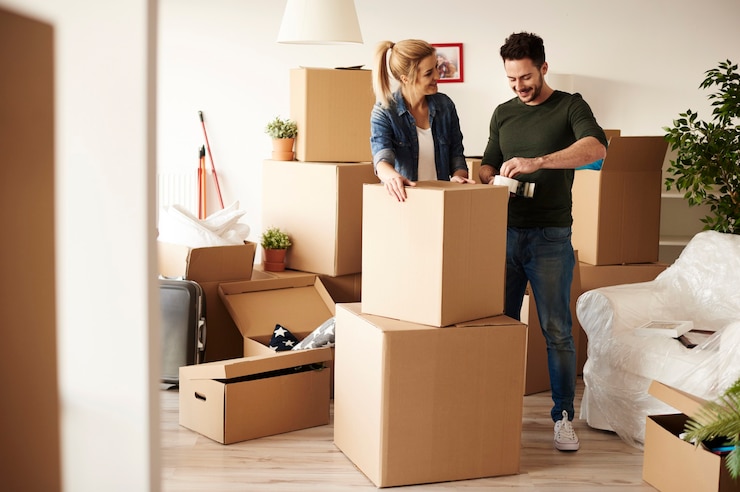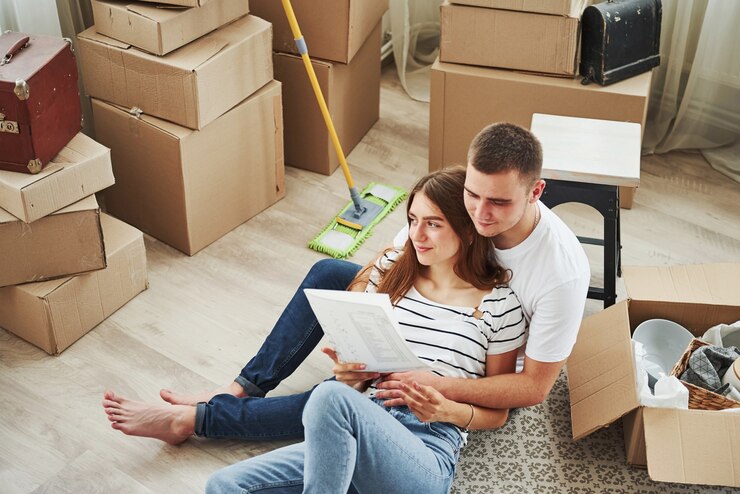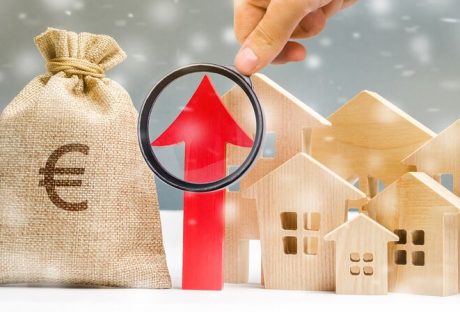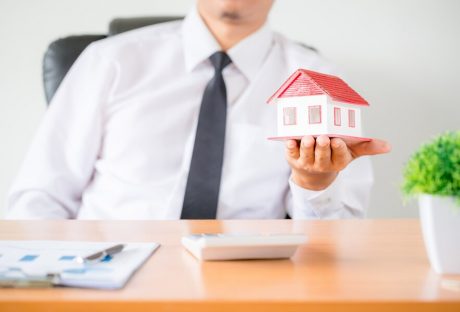Moving to a new house is exciting. However, the chaos and stress in preparing to move are not welcome.
If you are a parent, you can probably envision how much work you will do to pack everything you possess before the arrival of the removal company.
Fortunately, you can hire a house removal company with the type of service that fits your budget. A removal company offers professional services with trained staff, industry organization membership, and comprehensive insurance to cover damages or loss of items.
The company can help make your move as pleasant and easy as possible. However, you are still responsible for ensuring that there will be no mishaps on the day you move.
Here Are 3 Important Things Should You Do Before The House Movers Arrive:
Even if you choose to have the removal company do the packing and unpacking of everything you own, your preparation before the movers come will minimize the cost of removal.
1. Create a plan of action

You should have a plan of action that will involve every capable member of your household. Each one should know what they should do and when the deadline is to complete their task. The plan will ensure that every person completes the task early so as not to cause confusion or delay.
Creating a list of tasks and posting them on areas visible to everyone can serve as a reminder of the tasks they should do and who is responsible for specific responsibilities. Darvills of Leeds, a trusted home removals company that has been in business since 1876 suggests so.
2. Take out everything from cabinets, cupboards, drawers, and closets

You will be more organized if you see the items you will pack. If you are doing the packing, segregate the items and put them in the boxes the removal company will provide you with.
Separate the things you want to throw, give away, or donate. Label the boxes properly once it is full. If the company will do the packing, segregate and place the items on one side of the room to give them plenty of space to work.
3. Make an inventory of all items

Making an inventory of everything in your house will ensure nothing is missing. It will also make it easier to find the things you need. Include photos and videos of every room and the contents within. You can visit this website to find more information on preparing for a move.
After packing everything, make another inventory of all the boxes the movers will transport in their trucks. The list will help you identify if anything is missing.
The inventory can also help prevent disputes over the value or number of items/boxes. For instance, you may indicate whether you placed other boxes in storage.
Whether the removal company does the packing and unpacking or you do the packing yourself, it will make your move smooth sailing if you plan and organize the activities before the move.
Get your family members to help pack and sort items. This will systemize the process of transporting the belongings you need and coordinating with the movers.
Read Also:
- Top Things To Do Before Moving Into Your Own Home
- Why Are Lenders Moving Towards Automated Mortgage Processing?
- Top 10 Household Items That Are Commonly Damaged During Moving























